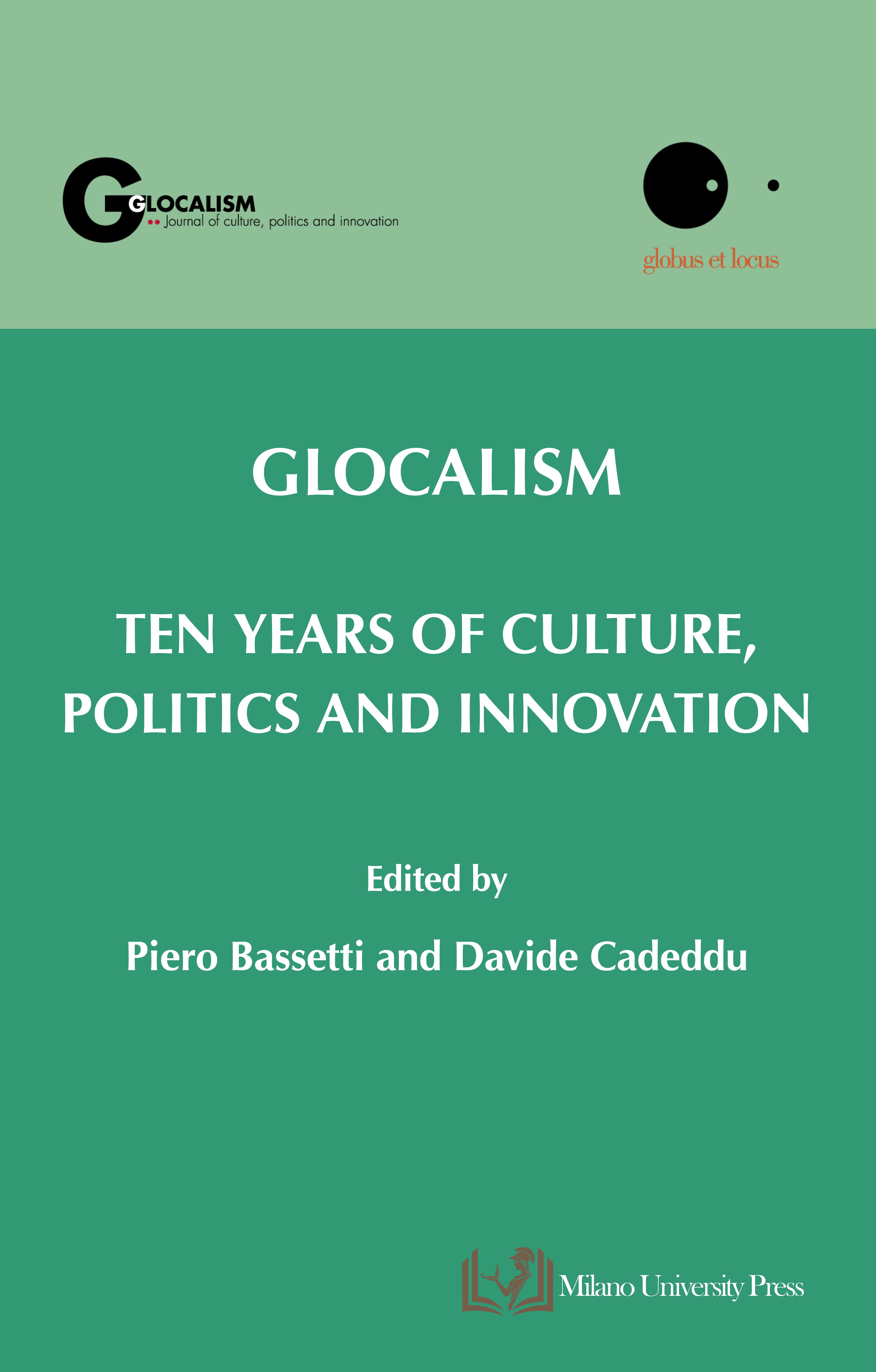Towards an Ecumenial or a Catastrophic City? A Design, Ecumene and Humanitarian Discussion
DOI:
https://doi.org/10.12893/gjcpi.2022.2.7Keywords:
ecumene studies, ecumenial city, beyond border conviviality, global monitoring, new research agendaAbstract
This paper is an attempt to explore the interplay of humanity and science to respond to novel globalization processes in the face of the 21st century. The human situation is presented through two schisms: the human-nature and the socio-cultural. Sustainability and ecumene studies are proposed as the new aggregated science fields aiming at solutions for the 21st century. Ecumene studies respond to the need to create a planetary intellectual infrastructure (a planetary brain) that “thinks” in an ecumenial way (beyond border conviviality) for a global transformation and reconciliation of human differences in/for a cosmopolitan perspective. Ecumenic, humanitarian and design movements/studies are considered the main areas of ecumene studies as an inter- and transdisciplinary field, with the city (in all its forms) as its core platform. The city as a human extension and dissipative system reveals a duality since its origin, coming to a peak of conviviality as it will comprise two third of humanity by 2050. This peak will either lead to higher forms of organization (anastrophe), or to collapse (catastrophe). The paper presents the “ecumenial city” or Ecumenopolis (city of Human Rights) as a anastrophic future projection and a call for everyone, emphasizing both a destiny and small actions for activating transformation and reconfiguration in times of approaching the peak.
Downloads

Downloads
Published
How to Cite
Issue
Section
License

This work is licensed under a Creative Commons Attribution-ShareAlike 4.0 International License.











